
The UK’s exposure to the fipronil egg contamination scandal has widened further, the Food Standards Agency has confirmed, with an additional 14 products withdrawn today (17 August).
The additional items to be withdrawn include whole eggs and egg products to be used as ingredients, such as egg white, egg yolk and liquid whole egg for use in food manufacturing and catering.
Affected products were sold by suppliers Henrysons Foods, Foodspeed, Richard Wellocks & Sons, SFD and Braehead Foods.
The withdrawals come a week after Sainsbury’s, Morrisons, Asda and Waitrose withdrew 11 products from sale containing eggs – including egg salads and sandwiches – as a precautionary measure.
The FSA stressed it remained “very unlikely that there is any risk to public health”, but as fipronil was not authorised for use in food producing animals it was tracking down implicated food products and ensuring that they were removed from sale.
It added “in most cases”, the products to which it had identified links to the fipronil contamination scandal were now past their expiry date “but those remaining are being withdrawn immediately”.
The fipronil egg scandal erupted earlier this month when Dutch investigators found traces of the insecticide – believed to be used illegitimately as a cleaning product – in poultry sold by a Belgian supplier to 180 Dutch farms.
Eggs linked to the contamination have since been found in more than 15 countries across the EU, and as far as Hong Kong.
German authorities this week increased their estimate of affected eggs from 10.7m to 28.1m. However, the FSA today said its own estimate, that about 700,000 eggs from affected farms on the continent had entered the UK, had not changed.
“Most of the additional egg products that have been identified were imported into the UK in liquid form so it is no longer practicable to provide a figure in terms of whole eggs,” a spokeswoman said. “However, it remains the case that the eggs we have identified represent only a fraction of a single percentage of the eggs we consume in the UK every year.” Investigations were ongoing, she added.
“Our advice remains clear - there’s no need to change how you buy or consume eggs,” said FSA chairman Heather Hancock. “We are responding very quickly to any new information, to ensure that any products left that contain egg from the affected farms is withdrawn immediately. We’re doing this because fipronil is not authorised for use in food producing animals, not because we are concerned about any risk to health.”
Professor Alan Boobis, chairman of the independent Committee on Toxicity said: “Even at the highest level found, consumption of one or two meals containing these eggs in a day would not pose a danger. It is very unlikely that anyone in the UK would have been exposed to anything close to this, and there is no reason for consumers to be concerned.”







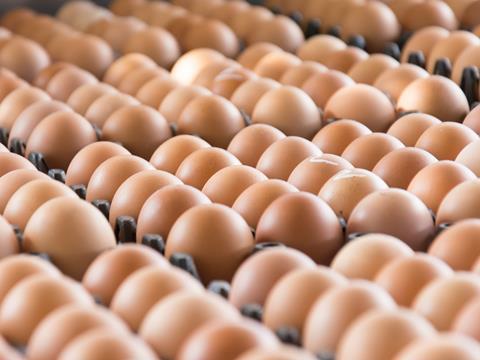
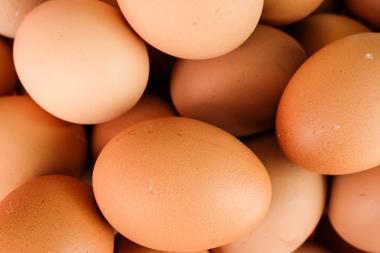
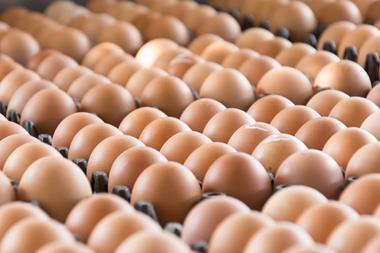

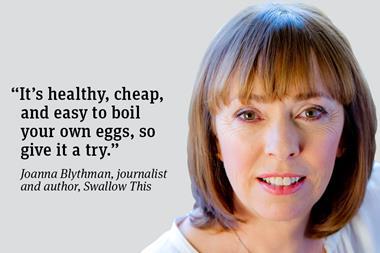
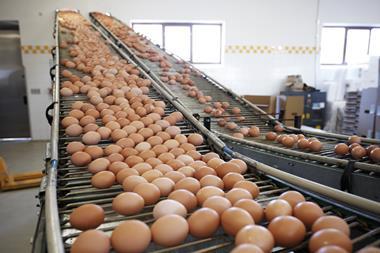



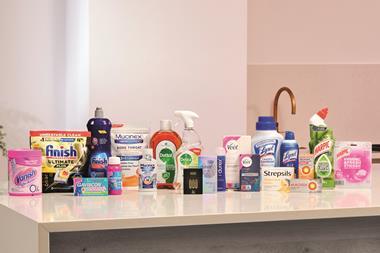



No comments yet